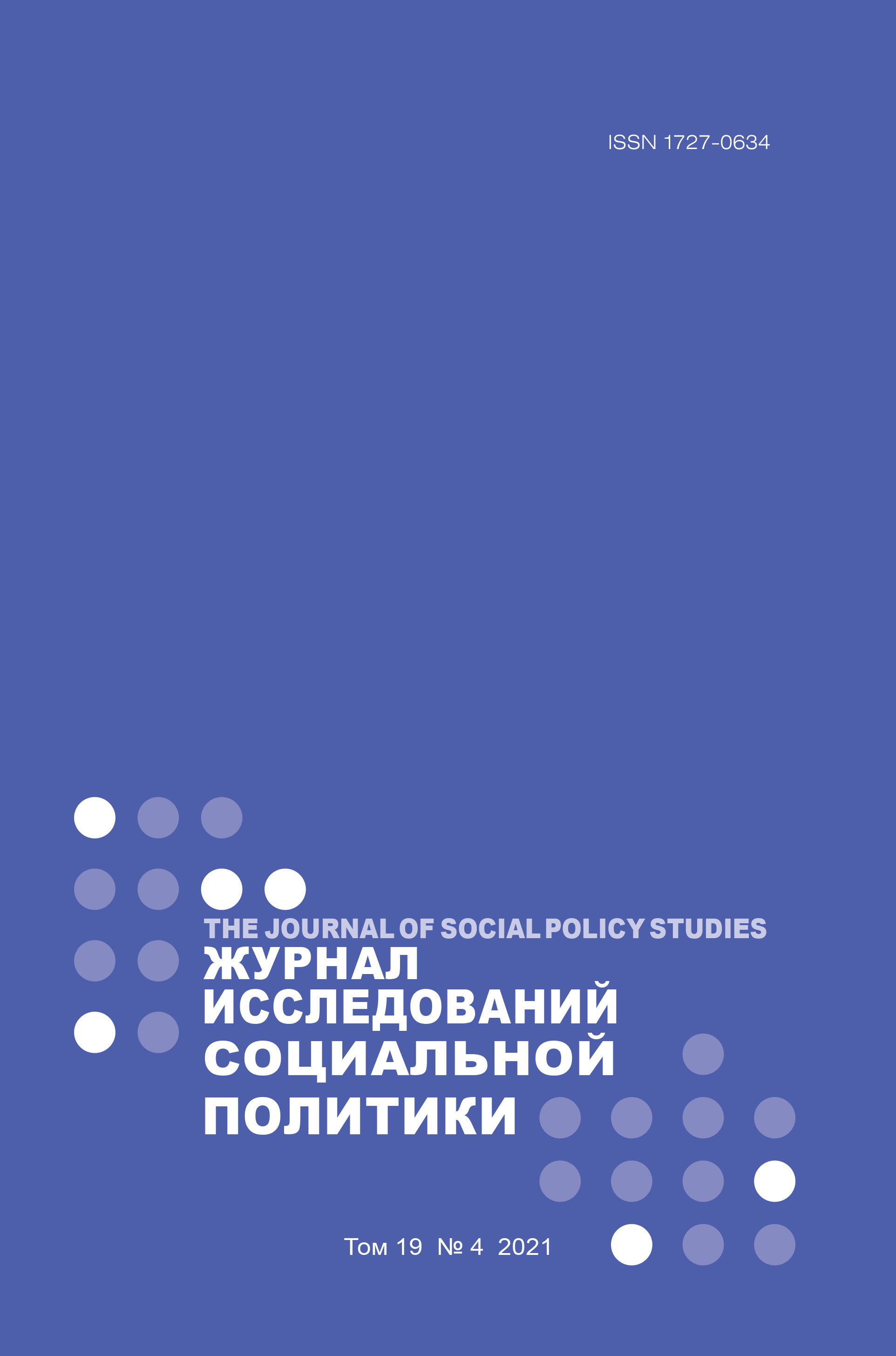Practices of Orientation and Independent Everyday Mobility of Visually Impaired Urban Citizens
Abstract
This year will mark the 10th anniversary of the 'Accessible environment' state programme in Russia. Following the UN Convention on the Rights of Persons with Disabilities, the programme aimed at overcoming the social exclusion of people with disabilities in daily urban life. However, despite broad implementation of measures, the accessibility of Russian cities is evaluated controversially. While official reports note the increasing number of accessible objects, experts and people with disabilities express concerns over the lack of significant changes. This article highlights some reasons for this. Using phenomenology and ethnomethodology as an analytical framework, we expose the basic practices of orientation and creating day-to-day routes for visually impaired Muscovites, as well as barriers restricting their independent mobility in an urban environment. According to our research, the orientation of visually impaired citizens is based on the tactile, vestibular, light, olfactory, auditory, or intuitive sensitivities that help them in the selection, mapping and situational verification of the route’s most stable landmarks. Independence in accomplishing routes is hampered by a lack of accessible landmarks or their own misinterpretations caused by either structural features or the situational conditions of the environment. In addition to barriers in navigating the city, other issues include the fear of going outdoors and navigating the city as well as the possibility that other citizens will interference their travel. Our study shows that the 'Accessible environment' programme aims to change the city’s materiality to make it more navigable for visually impaired people. Meanwhile, the orientation and navigation depend on various skills and conditions, including the ability to interpret the environment, their attitudes towards others and the urban environment, and practices of communication.















